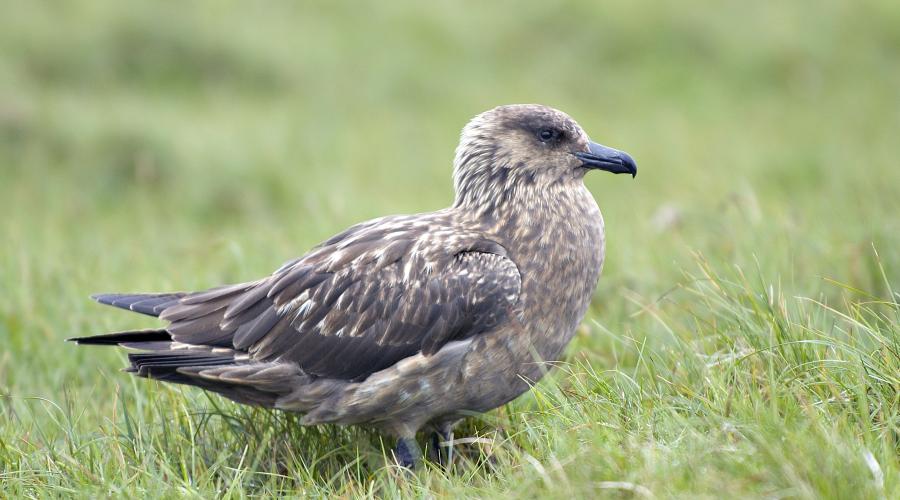Uncategorized
Avian Flu’s Devastating Impact on UK Sea-Bird Populations
The UK’s coastal bird species have faced a significant crisis, with a notable decline in populations due to the avian flu outbreak, reports the RSPB. The virus has led to a dramatic reduction in numbers of several key sea-bird species, underlining the urgent need for conservation measures.
A Crisis Unfolding
Among the hardest hit is the great skua, known for its boldness in commandeering food from other birds. This “pirate of the seas” saw its numbers plummet by 76% in 2023, a staggering decline that echoes the broader environmental emergency affecting wildlife. The gannet and roseate tern populations have also suffered severe losses, with the avian flu outbreak in 2021-22 decimating thousands of birds and reversing the previously positive trend in their numbers.
The spread of the H5N1 strain in summer 2021 marked a turning point, leading to mass fatalities among wild birds. This outbreak is now recognized as a significant conservation threat, jeopardizing the survival of multiple sea-bird species along the UK’s shores.
The Bigger Picture
The RSPB’s survey, conducted from May to July 2023, has shed light on the extent of the issue. Not only were great skuas, gannets, and roseate terns affected, but sandwich and common terns likely experienced declines due to the flu as well. The UK, particularly Scotland, hosts a significant portion of the global population of great skuas, making the country’s conservation efforts crucial for these birds’ future.
In 2022, over 2,591 great skuas died, with 1,400 from a single colony on Foula Island, Shetland. The total UK population has decreased from 9,088 to 2,160. Gannet populations also faced a sharp decline, with significant losses in Scotland and Wales contributing to a 25% reduction in the UK’s total gannet numbers.
Looking Forward
While avian flu’s intensity has lessened in the UK recently, the virus remains a global concern, with recent detections in wildlife as far as Antarctica. This ongoing risk underscores the importance of viewing avian flu as a persistent threat to bird populations, necessitating sustained vigilance and adaptive conservation strategies.
The crisis also highlights the multiplicity of threats sea-birds face, including climate change, fishing-related mortality, and habitat disruption from offshore wind developments. The RSPB emphasizes the critical role of the UK in safeguarding these species, advocating for comprehensive actions that could significantly benefit global bird populations.
As the avian flu crisis underscores the fragility of our natural world, it’s a clarion call for concerted efforts to protect the UK’s sea-birds from this and other looming environmental challenges.













